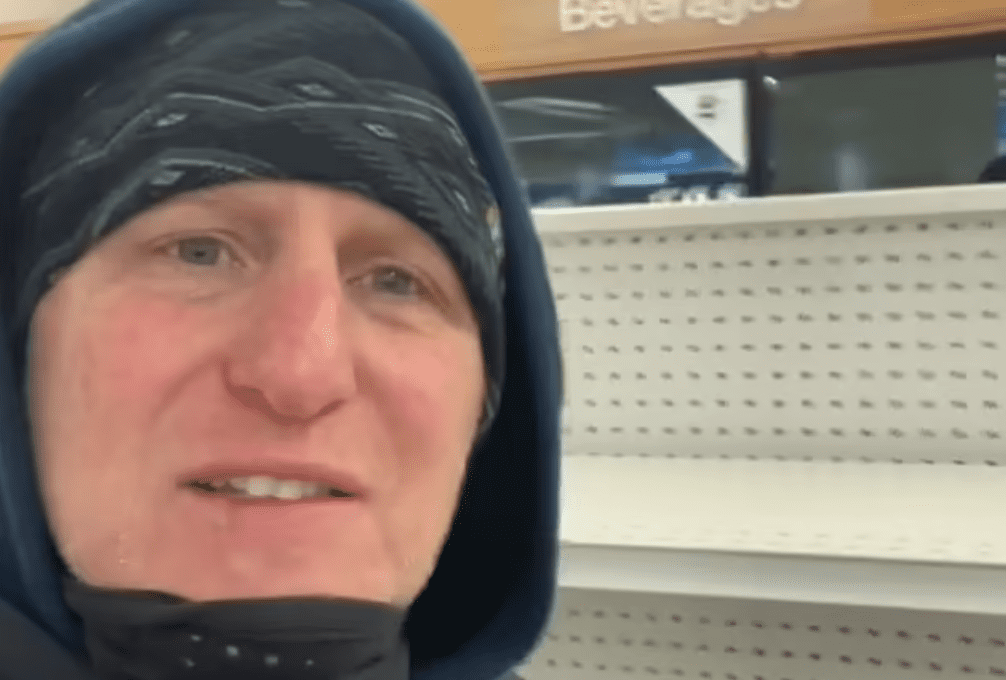Rapaport’s Doomed Rite-Aid

The actor Michael Rapaport has been chronicling on his Instagram open shoplifting in a Rite Aid store in his neighborhood on the Upper East Side of Manhattan. Now it is reported that that particular Rite Aid is closing because the thievery makes it too expensive to do business there. Now in that neighborhood, which is not poor at all, will be down a drugstore. All the people who get their prescriptions there will have to find somewhere else — and they had better hope that the owners of other drugstores in the neighborhood don’t also decide to shut down because it’s too expensive to do business there, sustaining high levels of shoplifting.
The shoplifting sprees have been happening in other cities too. I’ve seen lots of videos of them, and all of the videos I have seen feature black thieves. I can’t say that these incidents entirely involve black people, or mostly involve black people. All I can tell you is that the videos I have seen show shoplifters who are black, exclusively.
This reminds me of a conversation I had about ten years ago after I moved back to Louisiana. I had gotten to know a man who was a senior executive at a large grocery store chain here. I had been reading about food deserts — neighborhoods without supermarkets — in poor black neighborhoods, and when I learned what my new friend did for a living, I mentioned to the man, who is white, that this phenomenon seemed unjust to me.
He responded by asking me if I thought that grocery stores made a habit of declining opportunities to make money. Well, I said, I guess not. So, he said, the reason there are so few grocery stores in poor black areas is because it is not cost-efficient to open them there, on account of high levels of shoplifting. Nobody in his company wants to deny poor people, especially poor black people, the opportunity to spend their money buying food from them. But they have had to shut down some stores in poor black areas, and have decided not to open new ones in others, because the rampant shoplifting made it too costly to operate.
But, he said, nobody can say that out loud. They would be accused of racism, and blaming the victim, he explained.
Watching these black shoplifters on video ransacking drugstores and other businesses over the past year brought that supermarket executive’s statement back to mind. Readers, can you point to any data that either back up or knock down what this executive told me? I’m not having much luck finding any. Whatever the case, the neighborhood where Rapaport’s doomed Rite Aid sits — E. 80th Street at First Avenue — is predominantly white, and like I said, not poor. But now the residents are going to have to live through what honest poor black people live through, because of the thieving minority making life harder for everybody. And though I can’t possibly know the ethnic makeup of the staff at that particular Rite Aid, when I lived on the East Side of Manhattan in the late 1990s, drugstore staffs were mostly black and Latino. Now, all the men and women who work at that store hard-hit by thieves are going to be out of work. I’d bet money that they are mostly, and maybe entirely, black and brown people — working folks who are trying to support themselves and their families, but who are being made to suffer because of these petty criminals, and a government that has decided that their jobs, and the quality of life of people in that neighborhood, are not worth defending.
Must be awesome to live in a city governed by progressives.